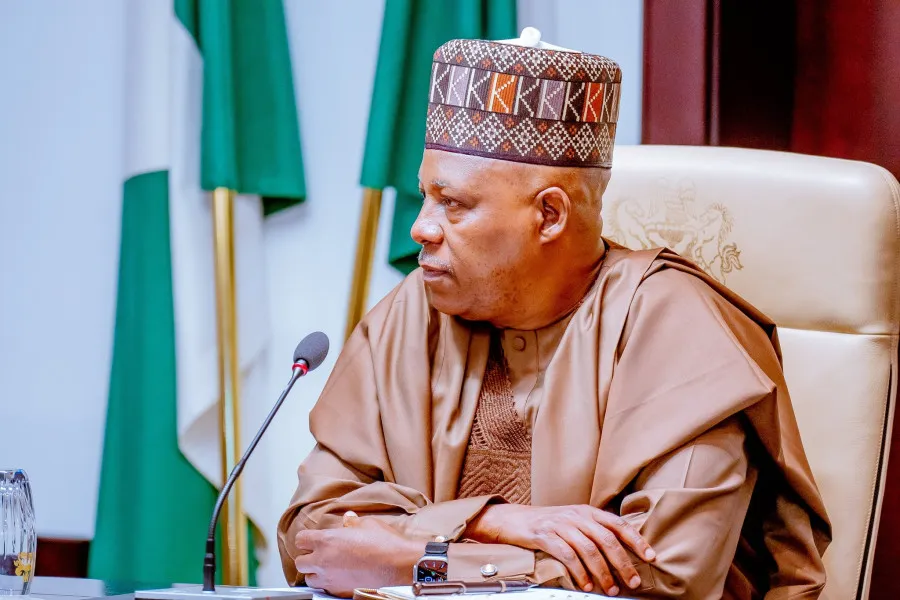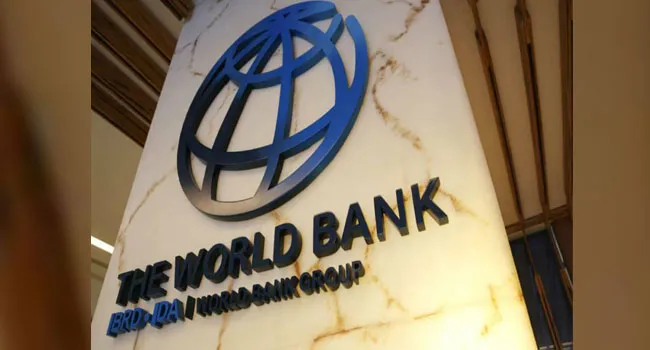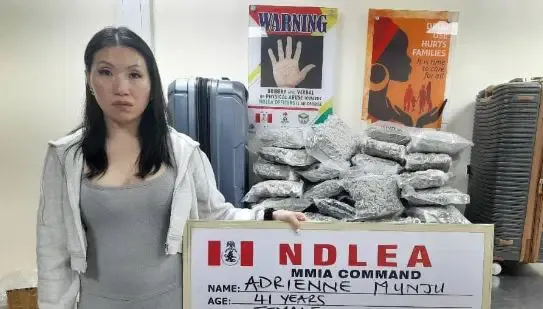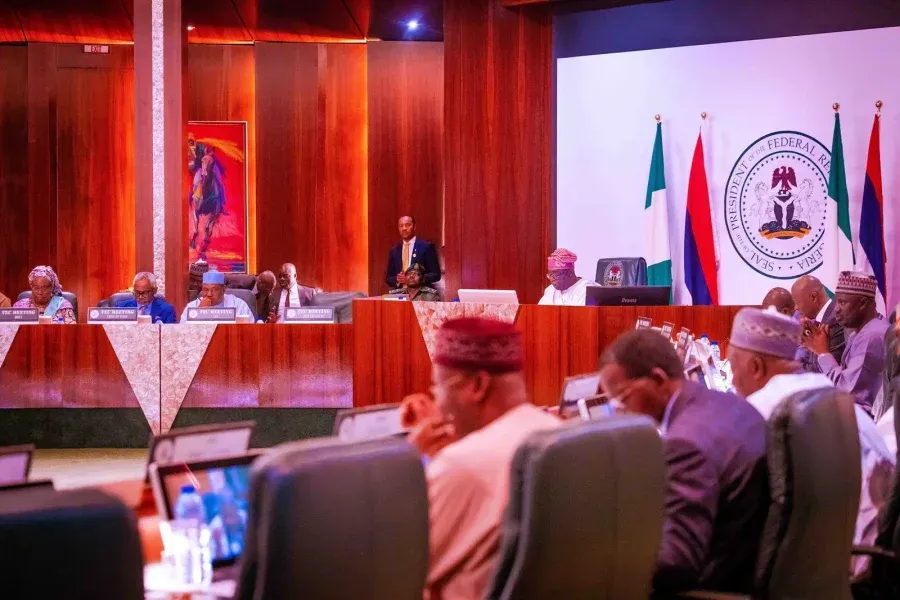Vice President Kashim Shettima has acknowledged the difficulties faced by Nigerians due to ongoing economic reforms but stressed the necessity of these measures for long-term economic growth. Speaking at the 30th Nigeria Economic Summit in Abuja, Shettima emphasized that both he and President Bola Tinubu understand the struggles many are enduring but insisted that there is no alternative to the reforms aimed at stabilizing the economy.
“My heart and the heart of President Tinubu go out to most of the Nigerian people. We empathize with what the poor and the young are going through. But we have no option,” Shettima said, noting that Nigeria’s reliance on oil revenue and limited job creation have left the economy vulnerable.
Shettima outlined the government’s focus on diversifying the economy, with sectors like agriculture, manufacturing, and the digital economy offering potential for inclusive growth. He highlighted the importance of harnessing Nigeria’s youthful population to turn its demographic bulge into a demographic dividend rather than a disaster.
The Vice President acknowledged the unpopularity of some policy decisions but said they are critical to setting the economy on a path of growth.
Support for SMEs and Workers
Shettima also addressed the government’s efforts to empower small and medium enterprises (SMEs), emphasizing the need to invest in critical infrastructure, streamline regulatory processes, and ease doing business to ensure SMEs thrive alongside large corporations. He mentioned initiatives like MSME hubs and single-digit loans for manufacturers, as well as a credit corporation offering consumer loans at single-digit interest rates to support workers.
Tackling Insecurity and Macro-Fiscal Instability
The Vice President assured Nigerians that the government is also prioritizing security and macroeconomic stability. “We are investing heavily in security operations to combat terrorism, banditry, and other forms of insecurity that threaten lives and livelihoods,” he said, adding that fiscal reforms, including subsidy removal and debt management strategies, are part of efforts to restore balance.
Shettima reiterated the importance of collaboration between the public and private sectors, civil society, and international partners to overcome the country’s economic challenges. He encouraged participants at the summit to use the platform to generate actionable recommendations that will drive growth, enhance competitiveness, and ensure long-term stability for Nigeria.





